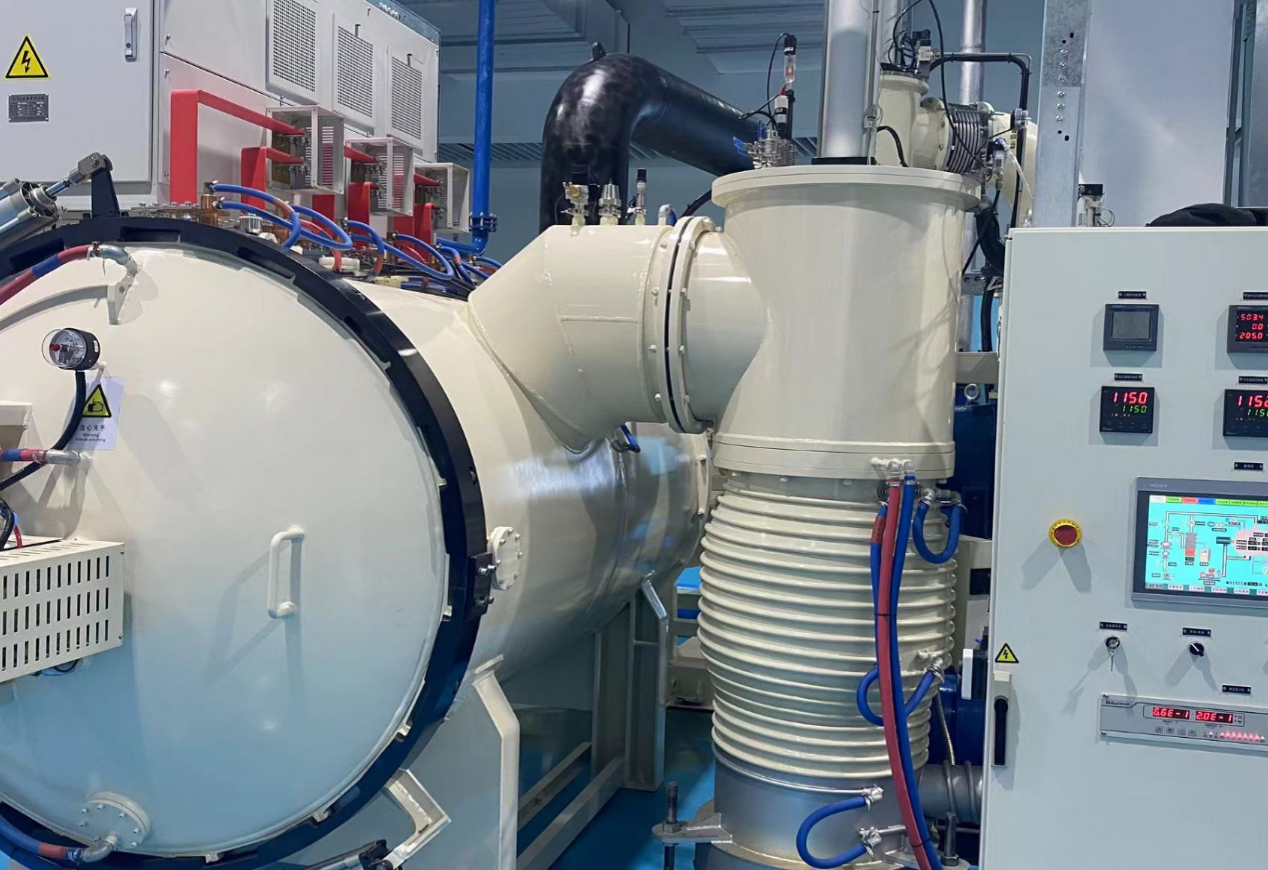Temperature Control Solutions for Magnetic Material Sintering Equipment
 2024-10-22
2024-10-22
Application Equipment: Vacuum sintering furnaces, vacuum hydrogenation furnaces, vacuum melt-spinning furnaces
Product Models Used: AI-719, AI-898, AI-516, etc.
Industry Description:
The upstream of the magnetic materials industry chain mainly involves chemical materials, steel manufacturing, and various rare earth mining and smelting industries. The midstream consists of soft and hard magnetic material manufacturers, while downstream products include motors, transformers, generators, and alternators, with end-products applied in traditional sectors like consumer electronics and basic industries, as well as emerging fields such as new energy and energy conservation. In the magnetic materials sector, customers have independently developed automated equipment such as vacuum melt-spinning furnaces and vacuum sintering furnaces for processes like spinning and sintering. These advancements provide new technical routes for magnetic material production, achieving precise control of heavy rare earth elements and reducing costs.
Process Overview:
Horizontal sintering furnaces are divided into front, middle, and rear zones for control, requiring high precision, good synchronization, and sufficient stability. Yudian’s AI-719 and AI-898 models used on magnetic material sintering furnaces excel in synchronous temperature rise with very high stability, capable of controlling temperatures up to 1150°C with fluctuations kept within ±1°C. The stability provided by Yudian products significantly enhances product yield and quality.
Value Delivered to Customers:
Previously, customers used imported temperature controllers from brands like Yokogawa, Japan, which lacked reliable after-sales support and technical assistance. Yudian can develop products based on specific functional requirements. For instance, when multi-point temperature correction was needed on-site, Yudian promptly provided this feature to assist with customer debugging and software modifications. Initially, customers relied on more expensive imported instruments with unstable delivery times. By switching to Yudian instruments, they achieved a comprehensive replacement of imported instruments in terms of functionality, precision, and quality, helping customers reduce costs and increase efficiency.


TOP


